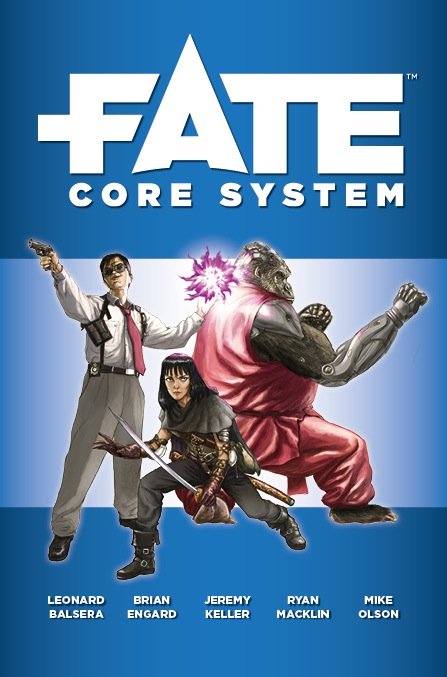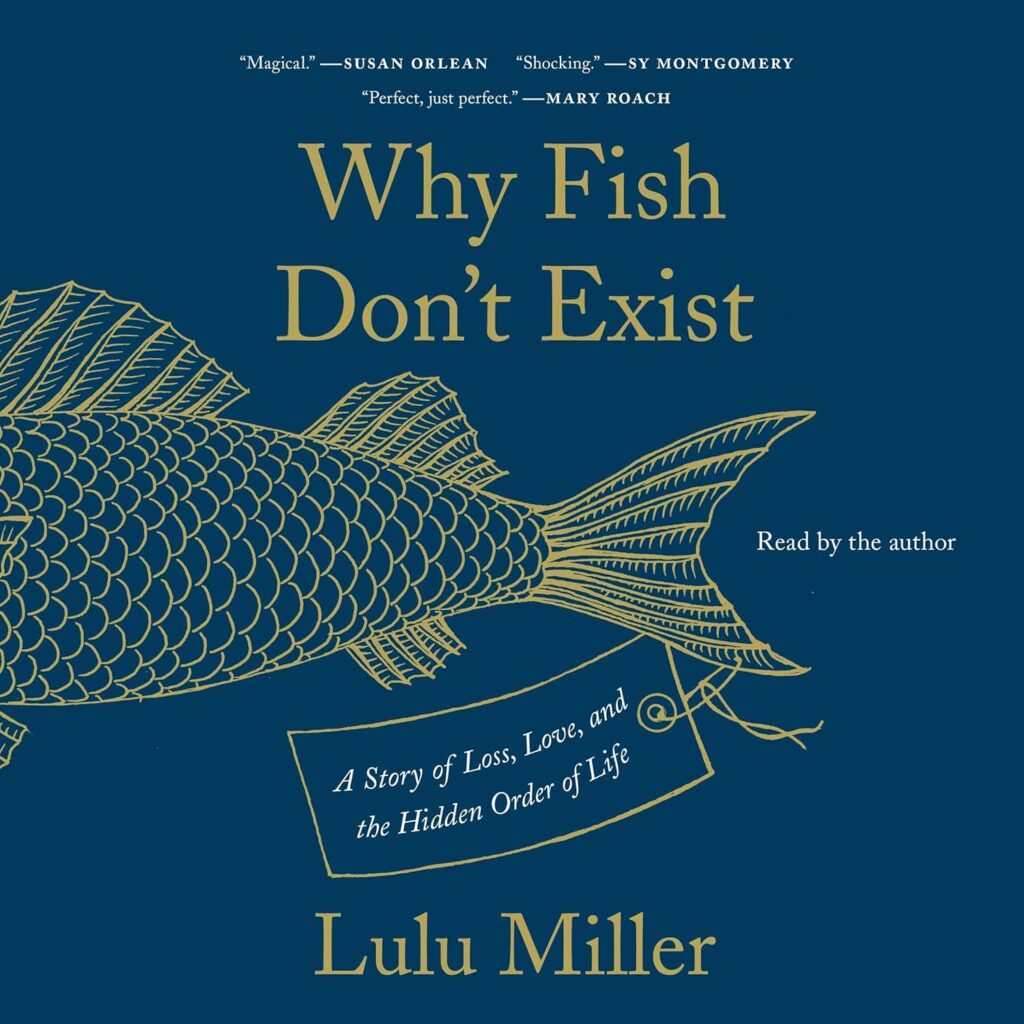by Evil Hat Productions
One of the most important parts of tabletop gaming is the imagination that comes with it. Even if you have the most well-made figurines or high-fidelity virtual tabletop system, the most important part of the tabletop gaming experience is going to occur between the ears of its players and its gamemaster. And while there is no doubt that games like Dungeons and Dragons, Lancer or Monster of the Week can lend themselves to some remarkably diverse gaming experiences, there is no doubt that they cannot emulate everything you could possibly imagine.
Enter the Fate Core System.
Fate is the latest in a long lineage of tabletop game systems like GURPS that attempts to be open-ended enough to allow its players to effectively create a game in any kind of setting. A game about kids finding keys with magic powers (Locke & Key)? Sure. A game about a family of spies, assassins and psychics trying to keep it secret (Spy X Family)? Why not? A game about humanity surviving the moon turning to cheese (When the Moon Hits Your Eye)? An oddly specific idea, but completely doable.
Can the Fate Core System do all of these things well, however? That depends on what kind of experience you’re looking for.
Fate operates through a fairly bare-bones system, that operates more like storytelling than actual “gaming”. Characters work to accomplish their goals through their chosen Aspects (core parts of their character that can be invoked for situational bonuses when necessary) and through using their assigned skills (ranked from Terrible to Legendary). Skill checks can be further modified through the application of particular Stunts that can provide situational bonuses or change the way a skill operates (similar to feats found in other games). Damage is tracked as players mark down their Stress which accrues to provide situational penalties that grow in intensity as Stress is accrued. Players are incentivized for playing out their flaws and facing failures through the accrual of Fate Points which can be spent to provide further bonuses or activate abilities, assuming they survive whatever their flaws have led them into.
While there is no doubt that Fate offers a fairly open-ended system that is easy to modify according to the whims of its players, strictly simulationist players who prefer the well-defined structure and tactical complexity of games like Dungeons and Dragons or Warhammer will be disappointed by the rules-light system for Fate. It is very much a narrative-focused game system that is more concerned with telling a story than getting into the weeds with combat rules, initiative and flanking.
However, if you are a GM looking to run a game for your players that doesn’t neatly fit into any of the other systems available, you might consider Fate Core System as a kind of Swiss-army-knife tabletop gaming experience. Its small size and fairly compact presentation makes it fairly easy to discover for yourself if it’s what you need for doing something different at your next gaming session. If you can’t find anything else that fits, try giving Fate a roll of the dice.



